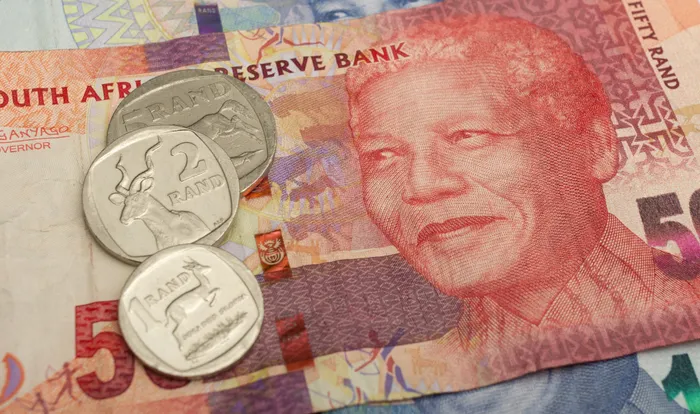VAT Reversal: Is the DA Leading South Africa's Government of National Unity?

South Africa is at a crossroads, writes Michael Mayalo
Image: Henk Kruger/African News Agency (ANA)
In a dramatic yet revealing turn of events, Finance Minister Enoch Godongwana’s abrupt reversal of the VAT increase has sparked renewed concerns about leadership, governance, and the actual power dynamics within South Africa’s nascent Government of National Unity (GNU).
While the backtracking may offer temporary relief to consumers already battling a harsh economic climate, it leaves behind an unsettling question: is the Democratic Alliance (DA), and not President Cyril Ramaphosa, calling the shots in the GNU?
Let’s be clear—this VAT reversal is more than just a fiscal policy correction. It is a public embarrassment for the Finance Minister and an indictment of the internal dysfunctions of the ruling alliance. For a government to announce a VAT hike, defend it, and then hastily backpedal amid political pressure speaks volumes about who holds real influence in the corridors of power. It wasn’t public outrage alone that forced this u-turn; it was pressure from the DA, and that fact alone should be ringing alarm bells in the ANC camp.
When Minister Godongwana initially announced the VAT hike, many expected pushback—but few predicted such a swift capitulation. The DA, which has long championed fiscally conservative policies and positioned itself as a defender of the middle class, made its opposition clear. An all-too-familiar pattern followed: ANC ministers fumbling under pressure, President Ramaphosa maintaining a vague and non-committal stance, and eventually, a policy reversal that reeked of submission rather than statesmanship.
This isn't the first time since the formation of the GNU that ANC policy has been bent or diluted under DA pressure. It is becoming increasingly evident that the DA’s leverage in the GNU is more than symbolic—it’s strategic. The DA knows the ANC’s Achilles heel: its desperation to hold on to power amid declining electoral support. In exchange for propping up a fragile coalition, the DA is extracting concessions that increasingly shift policy toward their ideological preferences. And if the VAT debacle is any indication, the ANC is more than willing to comply, even if it means public humiliation.
The problem here is not just political optics; it's about the erosion of transparent governance. A coalition government should operate on compromise and negotiation, not coercion and shadow dominance. The public deserves transparency in how decisions are made and who influences them. When a major economic policy like VAT is introduced and withdrawn without clarity or accountability, it damages public trust and reinforces perceptions of a weak and rudderless administration. And where, one might ask, is President Ramaphosa in all of this?
As usual, he remains the master of calculated silence, unwilling to rock the boat even when his own ministers are left floundering. His lack of decisive leadership is not just frustrating—it’s dangerous. In times of economic uncertainty and growing social unrest, the country needs a leader who can stand by policy decisions or explain, in clear terms, why they must change. Ramaphosa’s passive approach has allowed factions within the GNU to assert dominance, particularly those with sharper political instincts and firmer ideological grounding, like the DA.
It is precisely this kind of leadership vacuum that has turned Minister Godongwana into a political scapegoat. Instead of standing firm on his decision or offering a credible economic alternative, he has become a symbol of the ANC’s growing impotence in its government. If the President truly wants to assert authority and restore public confidence, he must act, considering whether Godongwana’s continued presence in the cabinet strengthens or weakens the administration. Of course, the DA will continue to play kingmaker if the ANC allows it. The real question is whether this power-sharing arrangement is sustainable or even democratic. Voters did not elect the DA to set national economic policy from the backseat. Nor did they vote for an ANC willing to trade principles for political survival. The VAT flip-flop is a warning sign that the GNU may be operating more like a hostage situation than a partnership.
South Africa needs leadership, not appeasement. If President Ramaphosa is serious about guiding this country through economic recovery, political reform, and social healing, he must take control of his government. That starts with a cabinet reshuffle, more transparent policy communication, and a bold assertion of executive authority. The VAT reversal may have won short-term political points, but the long-term damage is already done. The public is watching—and they’re not just questioning the wisdom of a tax policy. They’re asking who, exactly, is in charge.
*Mayalo is an independent writer, analyst, and commentator
** The views expressed do not necessarily reflect the views of IOL or Independent Media.